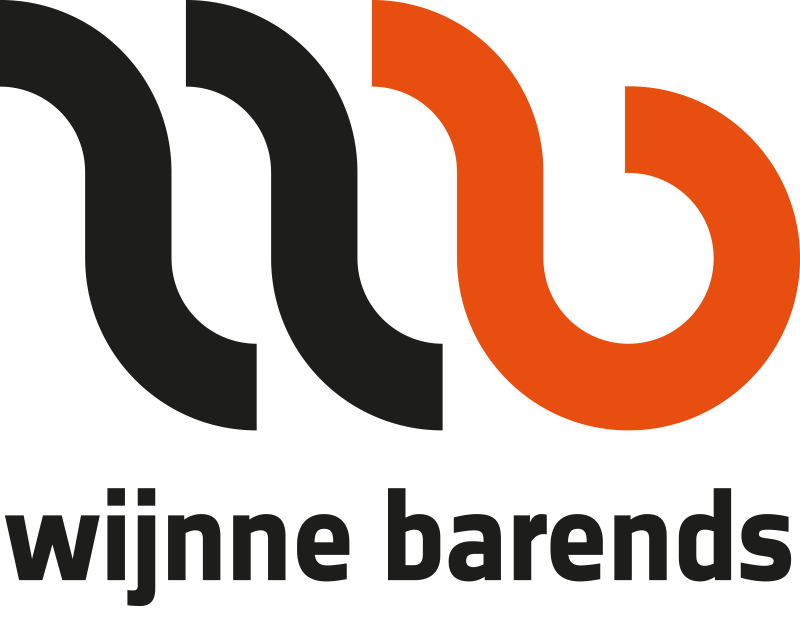Wijnne Barends joins Trident Alliance
Delfzijl, 28 November 2014 – Wijnne Barends urges states bordering the European Sulphur Emission Control Area (SECA) to uphold and improve enforcement of the sulphur limits to marine fuels, coming into force 1-1-2015. To that end, it joined the Trident Alliance – a coalition of shipping owners and operators who share the common interest in robust enforcement of maritime sulphur regulations.
Trident Alliance
The main focus of the Trident Alliance is clear communication to raise awareness of possible weak enforcement of the marine sulphur regulations, supported by member companies’ transparency on compliance. Members also share experiences with regard to the different technologies and methods available to comply with sulphur regulations in order to foster innovation in enforcement technology. The Trident Alliance teams up with other stakeholder groups, who share similar interest in robust enforcement, to work towards the same objective.
Sulphur legislation
Per 1-1-2015 vessels without exhaust gas cleaning systems sailing in SECA waters (SECAs) – North Sea, the Baltic Sea and the 200 NM zone around North America – must burn the more expensive 0.1% marine gas oil (or LNG) to comply with the international sulphur legislation, whereas before they could use the (cheaper) heavy fuel oil (with 1% sulphur).
In preparation of this 0.1% sulphur limit coming into force, Wijnne Barends has timely prepared its fleet and informed its customers about the subsequent transport cost increase. It is now up to the authorities (of states bordering the SECAs) to properly enforce the stricter sulphur legislation.
Robust enforcement needed
Enforcement policies differ considerably between countries, so far. Sulphur related inspections are generally rare and fines for knowingly not complying are often a laugh compared to the financial gains of continuing to sail on heavy fuel oil. If other operators cannot resist the enticement, they willingly break the rules and undermine the marine freight market. Frequent inspections and substantial fines are an absolute necessity to uphold the level playing field and to secure the health benefits of the sulphur legislation.
“Wijnne Barends is glad to note that states like the Netherlands and Finland have sharpened their enforcement policy. We are also pleased with the coordinating work on enforcement done by the European Sustainable Shipping Forum. Much work remains to be done, though,” says Sjoerd Hupkes Wijnstra – environmental strategist and spokesman for the Spliethoff Group (of which Wijnne Barends is part). “Enforcement should be strong and robust; tracing and pinpointing those operators who ignore the stricter sulphur rules, in combination with a penalty structure that exceeds any financial gain of non-compliance. However, authorities should guard against inspectors going nitty-gritty over 0.11% sulphur measured in fuel used. What should count is that operators provide their vessels with sufficient compliant fuel and that the vessels properly use it inside the SECA. Authorities should act against those vessels that do not follow the rules by sailing on high sulphur heavy fuel oil in SECAs (without scrubbers).”
In co-operation with other Trident Alliance members, Wijnne Barends continues its plea for robust enforcement.
 English
English
 Logistics
Logistics
